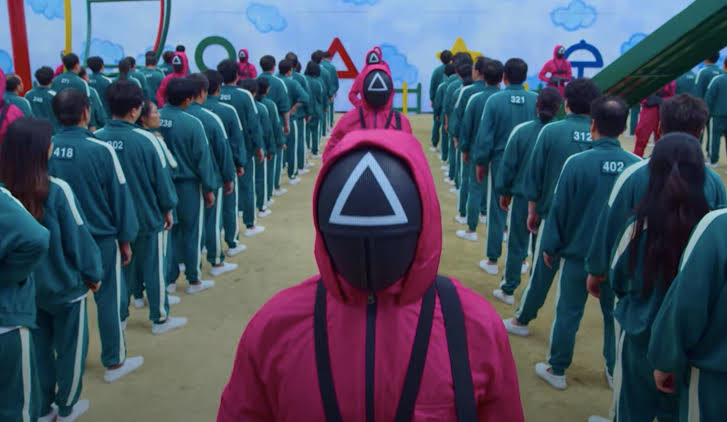Being on Netflix — with its more than 200 million worldwide subscribers — can foster serendipitous viewing, allowing people to stumble onto shows or decide to go back and revisit them.
How many people? Because those numbers aren’t regularly shared, who knows? But the social-media cues (what’s trending, etc.) and dollops of data strategically made available indicate that playing on Netflix can elevate titles in unexpected ways.
“Manifest,” canceled by NBC, represents the latest show to receive a reprieve from the executioner’s ax, having been granted a final season on Netflix after the reruns gathered interest there. That show follows several others, including “Lucifer” (which Fox dropped in 2018), ABC’s “Designated Survivor,” A&E’s “Longmire” and “You,” which didn’t quite fit in on Lifetime.
“You” — the quirky stalker drama that returns for its third season in October — nicely illustrates how a concept that garnered critical attention but didn’t resonate loudly on cable took off once Netflix stepped into the void. As the Washington Post noted back in 2019, “Season 1 started streaming and sparked an Internet frenzy. Mentions on social media skyrocketed. The stars gained hundreds of thousands of new Instagram followers.”
A similar pattern occurred with “Cobra Kai,” the “Karate Kid” sequel series, which started out on YouTube Red before that service opted out of the scripted-series business. On Netflix the program has since become a media sensation, even garnering an Emmy nomination this year as outstanding comedy.
In the case of “Lucifer” — which basically turned Tom Ellis’ title character into an unorthodox crimefighter on Fox — the shift to streaming moderately altered the series, which produced fewer episodes per season and showed off “a bit more flesh,” as Ellis put it in an interview at the time.
The bottom line, though, is that Netflix and others have opportunistically taken what appeared to be the TV equivalent of lemons and made lemonade. As the Wrap noted in a roundup of programs that found second chances on other platforms, “One man’s trash is another man’s treasure.”
Not all of the aforementioned shows are gems, but when it comes to recycling and reclamation projects, Netflix does more than just discover discarded items; rather, by putting them on its shelves, the service can occasionally take what look like damaged goods and somehow make them shiny and new.








